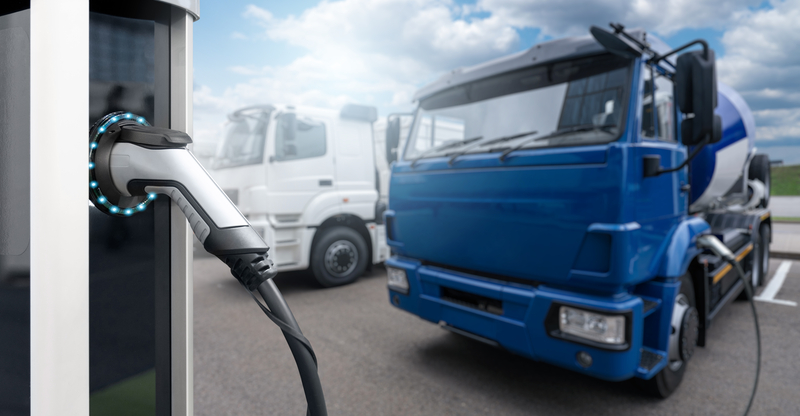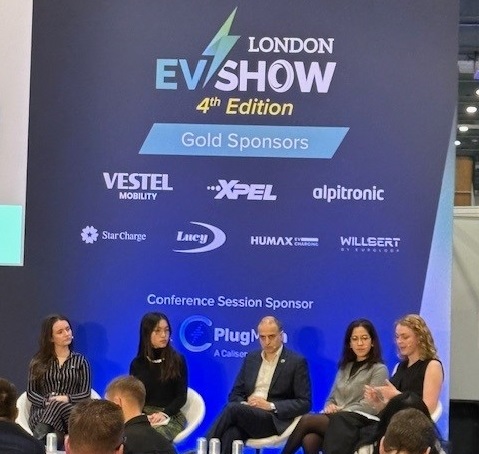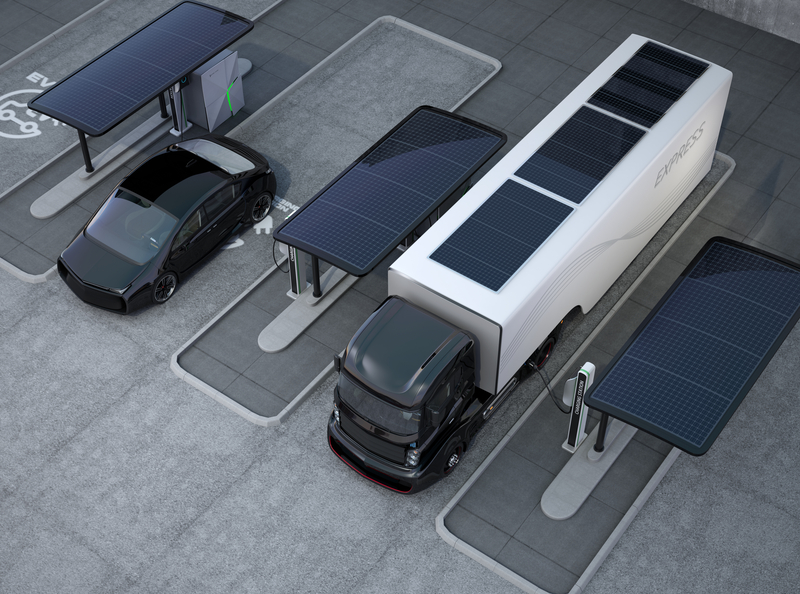
The organisation, representing truck stops and travel plazas, Sigma: America's leading fuel marketers, and the National Association of Convenience Stores, called for the NEVI program rules to remove limitations on annual profits generated by grant recipients that will discourage private sector participation.
According to Tiffany Wlazlowski Neuman, vice president of public affairs for NATSO, the decision by the Minnesota and Iowa Departments of Transportation to impose a 15% limit on profits generated by NEVI grant recipients shows a fundamental lack of understanding for the extraordinary risk and capital expenditures that the private sector must undertake to implement EV charging stations.
"As national trade associations, we generally refrain from engaging in state advocacy initiatives,” Wlazlowski Neuman said. “But we have serious concerns that the NEVI proposals put forth in Minnesota and Iowa will jeopardise private sector participation in a program that was clearly intended to kick start a cohesive, national charging network.
"The existing network of refuelling locations is the fastest, most efficient way to build out a reliable nationwide network of EV charging stations. We have the locations, transparent pricing, security, and amenities that drivers have come to expect when they refuel. Our locations can be the catalyst that transforms the EV charging market, but industry must be able to make a return on its investments.
"Setting limits on the private sector's ability to generate meaningful and sustainable returns on charging station investments will discourage the very types of entities from entering the EV charging space that the NEVI program should be trying to attract.
"We strongly encourage Minnesota and Iowa to revise their Requests for Proposals (RFP) and instead implement the NEVI program in a way that attracts private business," Wlazlowski Neuman said.












